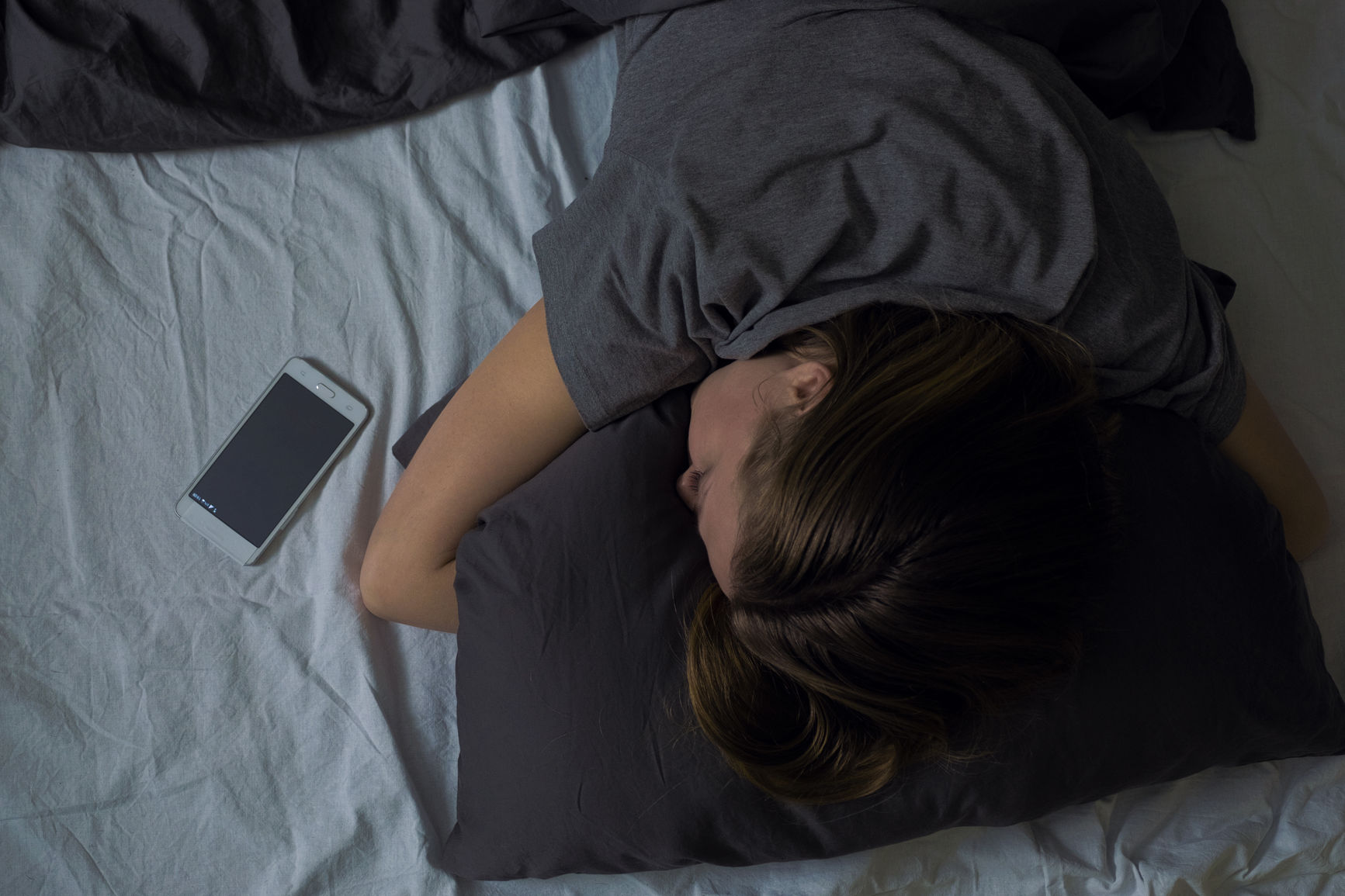-
The infamous ‘man flu’ might not be a myth, with Medibank Better Health Index data revealing men are hit harder than women when it comes to the flu.
According to the data, 21 per cent of Aussie men came down with the flu in 2015, compared to only 19 per cent of women.
Medibank’s Medical Director Dr Kevin Cheng adds that not only are men more susceptible to influenza-- they may also experience more severe symptoms than women.
“Recent studies have shown that men may experience more severe flu symptoms than women, with testosterone being found to potentially weaken their immune response at a cellular level. Conversely, the female oestrogen hormone has been found to hold anti-viral qualities that could help women limit the replication of the virus in the body,” says Dr Cheng.
However Australian women seem to fare the worst when it comes to the common cold, with the data revealing 48 per cent of women suffered from a cold last year, compared with 43 per cent of men.
The good news? The Index reveals that on a national level, the incidence of the flu has steadily declined over the last eight years, from 26.5 per cent of Aussies contracting the virus in 2007 to only 19.9 per cent last year.
Dr Cheng says this data may reflect rising immunity as a result of better vaccination practices, cross-immunity from more regional travel across the Australian population, or the consistency of influenza viral strains prevalent from this past decade. However he points out that while we observe this trend in our health index that surveys Australians directly, flu incidence rates reported to the Health Department have been steady for the past five years.
Dr Cheng adds that with cold and flu season just around the corner, now is the time to get your health in check.
“If you were planning on getting a flu vaccination this year, get it done over the next few weeks so that your body has enough time to build up its immunity before winter really arrives.”
Tips on how to avoid catching a cold or flu this winter
- Wash your hands. We all know that washing your hands regularly helps prevent the spread of germs. But to ensure you’re never caught out, make sure you always have some hand sanitiser nearby wherever you go.
- Regular exercise. There are many health benefits to exercise, but when it comes to fighting off colds, increasing your heart rate has been found to strengthen your immune system and help your body fight off sickness.
- Get enough sleep. Sleep deprivation affects your body’s ability to work at its full capacity and fight off germs. It’s recommended you aim for around eight hours of sleep each night, depending on your age.
What to do if you come down with a cold or flu
- Avoid exercising. If you’re feeling up to exercising, the general rule is that if your symptoms are above the neck, such as a blocked nose or sneezing, you should be fine. However if you’re coughing or have a temperature, it’s best to wait until your symptoms subside.
- Stay hydrated. Your body is best equipped to fight infection when it’s hydrated. Not only will it help replace the fluids lost while sick but it’ll also help relieve congestion.
- Warm liquids. Soups, broths and herbal teas not only soothe a sore throat, but also help symptoms like coughing and congestion. Find the perfect soup recipe here.
- Sleep, sleep, sleep. Your body needs time to rest and reboot, so try to put your feet up until your symptoms subside.
- See your doctor. If symptoms persist or worsen, make sure you visit your GP to get the situation checked out.
Is your daily commute be taking a toll on your health? Our data also found those with a long commute to work were more likely to suffer from the flu. Read more here.
Is the ‘man flu’ struggle real?

-
Innovating for members living with chronic disease
Medibank is supporting our members living with chronic diseases such as heart disease, arthritis, and diabetes, through our CareComplete programs.
-
Medibank’s palliative care at home trial
Giving our customers choice in where they would like to receive their end-of-life care can provide dignity, privacy and help them retain control over the care they receive.
-
How your phone habits affect your sleep
And what it means for your mental health, hormones and more.
-
Medibank trialling haemodialysis at home
Giving members with chronic kidney disease more choice
-
The origins of western and eastern medicine
Two schools of thought explained
-
Almost half of hospital patients are looking for more support
Find out how Medibank is helping.
Subscribe to receive the best from Live Better every week. Healthy recipes, exercise tips and activities, offers and promotions – everything to help you eat, move and feel better.
By clicking sign up I understand and agree to Medibank's privacy policy





